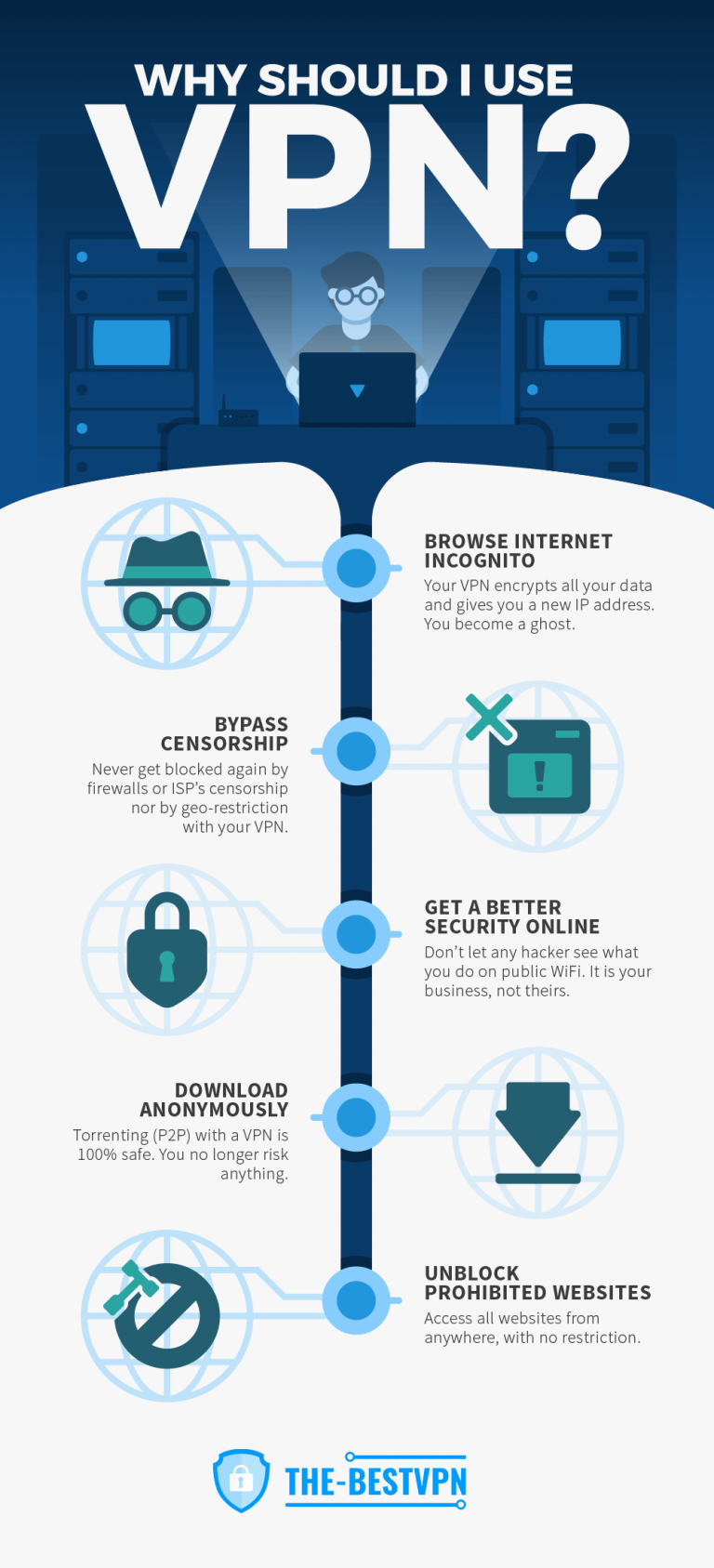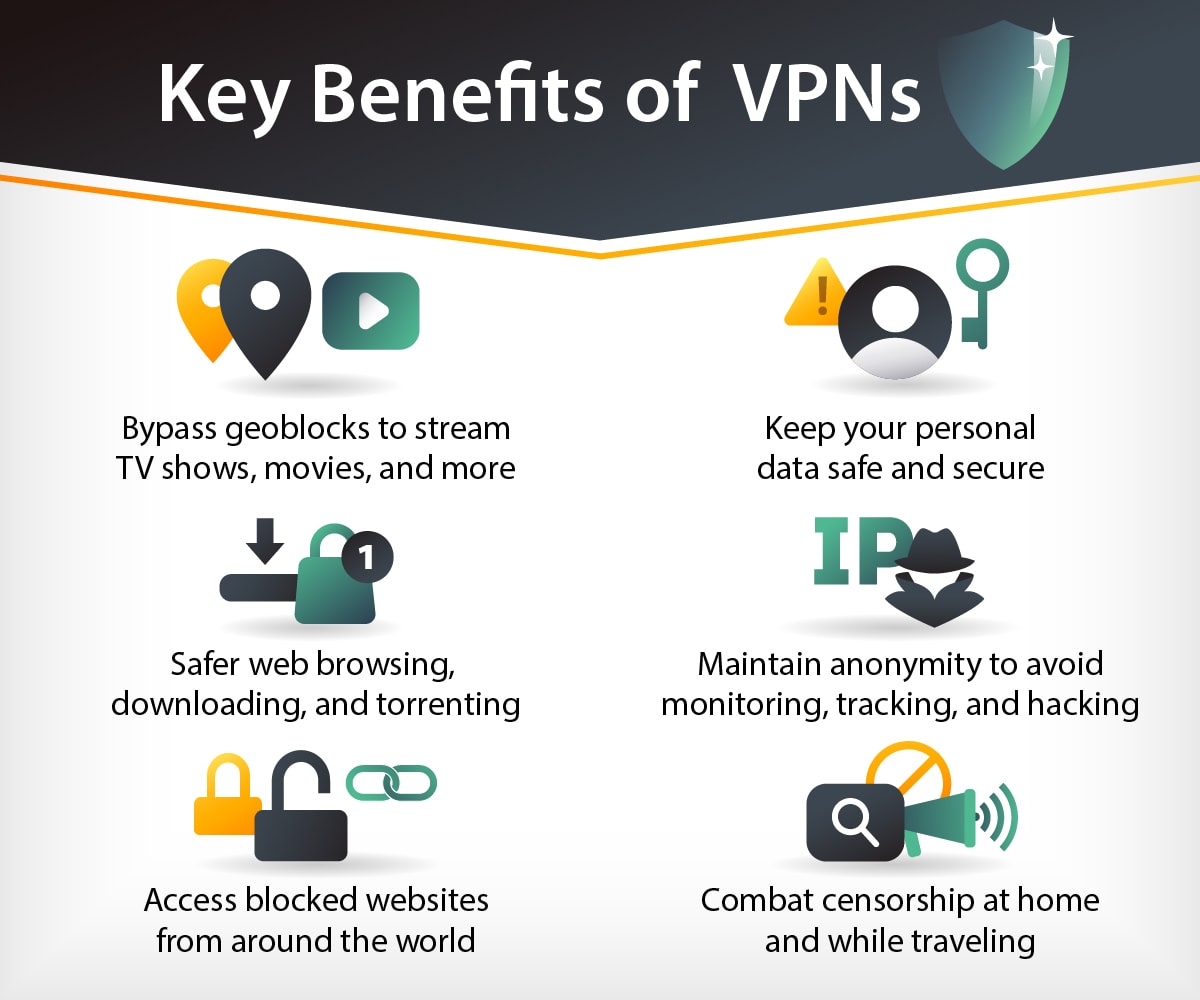Why You Should Use a VPN and Which Is the Best Free VPN Option
Understanding the Basics of VPNs
A Virtual Private Network or VPN allows users to establish a secure connection to another network over the public internet. It provides an extra layer of security and privacy for users when connecting to unsecured networks like public WiFi hotspots. There are a few key reasons why people use VPNs:

# Securing Remote Access for Businesses
Many businesses rely on VPNs to allow their remote employees to securely access internal systems like file servers, email servers, and business applications from any location. This allows employees to work productively from home or while traveling.
# Privacy and Anonymity for Personal Use
When connected to public WiFi networks, a VPN protects users’ privacy by encrypting all internet traffic. This prevents eavesdroppers from intercepting sensitive data like usernames, passwords, emails and banking details. A VPN also hides a user’s true IP address, providing online anonymity.
# Accessing Geo-Restricted Content
VPNs can bypass geographic restrictions on streaming platforms by assigning virtual servers in different countries. This allows users to access content only available in certain regions.
# Avoiding Censorship and Surveillance
In countries with internet censorship and surveillance, VPNs help users bypass blocks on websites and prevent governments or ISPs from monitoring browsing activities.
# Securing Public WiFi Connections
Public WiFi networks are generally insecure since they provide open access points for hackers. By routing traffic through an encrypted VPN tunnel, users can securely connect to untrusted networks.
What to Consider When Choosing a VPN
Not all VPNs are created equal. There are important factors to evaluate when selecting the right service:
- Number of server locations - More servers in diverse global locations provide better speed and accessibility.
- Encryption protocols and standards - Look for services using AES-256 encryption and OpenVPN or IKEv2 protocols for maximum security.
- No-logging policy - A reliable VPN provider should have a verified no-logs policy to prevent traffic data from being stored or shared.
- Simultaneous connections - Ensure the plan supports multiple simultaneous device connections for a whole family or household.
- Bandwidth and speed - Higher bandwidth caps are preferable for streaming or torrenting large files without slowdowns.
- Platform support - Check compatibility with devices like Windows, macOS, iOS, Android, Linux, routers, and more.
- Ease of use - Intuitive apps make set up and connecting to servers hassle-free on any device.
- Affordability - Weigh features against pricing to find the most cost-effective plan.
Is a Free VPN Enough? Understanding the Limitations
While free VPNs seem enticing due budget constraints, there are always limitations and risks to consider:
- Data usage caps restrict bandwidth which impacts streaming and large downloads.
- Slower speeds since free tiers are lower priority for server resources.
- Fewer server locations limit reliable connections worldwide.
- Insecure protocols that fall short of current security standards.
- Privacy risks since free providers monetize user data through ads and analytics to sustain costs.
- No tech support for configuration assistance when issues arise.
As a result, free VPN connections tend to be less private, less secure, and unreliable for intensive use cases. Still, one notable exception stands above the rest…
ProtonVPN - The Best Free Option Without Compromises
ProtonVPN has earned praise from privacy experts as the sole free VPN provider not compromising on key aspects:
- Unlimited high-speed bandwidth with no throttling, unlike other “free trials”.
- Servers in 45+ countries covering major regions for optimal speeds.
- OpenVPN and IKEv2 protocols utilizing strong AES-256 encryption standard.
- Zero logging policy independently verified by third-parties.
- Apps for all devices make setup seamless on any platform.
- No ads or privacy-invasive tracking since it’s non-profit.
While premium ProtonVPN tiers add features like streaming access and multiple device support, the fully-featured free tier remains an outlier for freely protecting user privacy without limitations. For low-risk personal use, ProtonVPN strikes an unparalleled balance of usability, security and trustworthiness.
Best Practices for Using any VPN
To maximize the benefits of VPN protection, some common-sense practices apply:
- Only connect to trusted WiFi networks when away and enable VPN beforehand.
- For sensitive activities like banking, avoid using VPN on untrusted public computers.
- Update VPN apps and device software regularly to patch vulnerabilities.
- VPN alone does not solve all privacy issues - use an ad blocker and limit browser tracking/fingerprinting too.
- Beware of VPN services claiming “military-grade encryption” without details - focus on established protocols.
- Disable the VPN occasionally to receive important software updates requiring real IP validation.
Following basic digital safety habits alongside a reputable VPN provider like ProtonVPN delivers multi-layered protection for both personal and business internet usage, securely and seamlessly.
